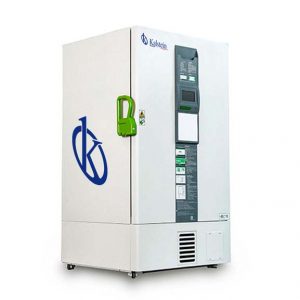Rotary Evaporator
Rotavapores are essential equipment in laboratory settings for efficient and precise solvent evaporation. These devices are commonly used for distillation, crystallization, and separation of solvents, making them a versatile tool for various scientific applications. With their user-friendly interface and advanced features, Rotavapores streamline the evaporation process, saving time and ensuring accurate results.
At Kalstein, we offer a range of Rotavapores that cater to different laboratory needs, from small-scale operations to large-scale production. Our Rotavapores are designed with safety and efficiency in mind, allowing researchers and scientists to focus on their experiments without worrying about technical challenges. With robust construction and reliable performance, our Rotavapores are built to last and deliver consistent results. Upgrade your lab with a Kalstein Rotavapore and experience enhanced productivity and precision in your solvent evaporation processes.
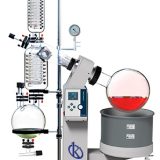
Types of Rotary Evaporator Your Laboratory may need
Vacuum Pump
The Rotavapors category provides a comprehensive selection of laboratory equipment crucial for various scientific applications. Under this category, the Vacuum Pumps subcategory showcases a range of powerful apparatus designed for creating vacuum environments essential in numerous laboratory processes. Vacuum pumps play a critical role in facilitating sample concentration, drying, and various other applications by removing air and reducing pressure within a sealed chamber. These pumps are engineered with precision and superior technology to ensure efficient performance and reliable results in research and analytical procedures.
Within the Vacuum Pumps subcategory, customers can explore an assortment of top-quality pumps suitable for diverse laboratory requirements. From rotary vane vacuum pumps to diaphragm and scroll pumps, each product is crafted to meet the highest standards of functionality and durability. Whether for distillation, solvent evaporation, or degassing applications, the Vacuum Pumps collection under the Rotavapors category offers indispensable solutions for laboratories seeking excellence in their processes.

ROTARY EVAPORATOR KALSTEIN
At Kalstein you can find the ideal Rotary Evaporator for Your Laboratory
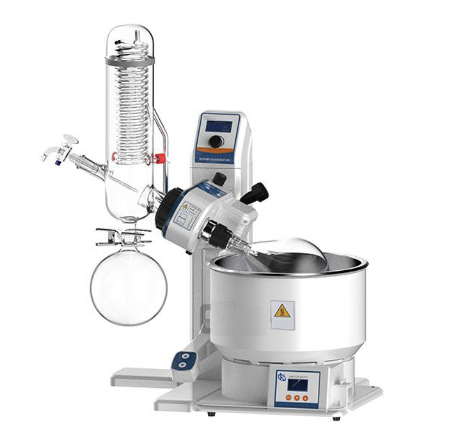
Rotary Evaporator YR02306
It is suitable for experiment of evaporation, distillation or separation of chemicals. It usually works with water circulating vacuum pump and recirculating chiller as a whole system to meet, Individual main machine and water bath de...
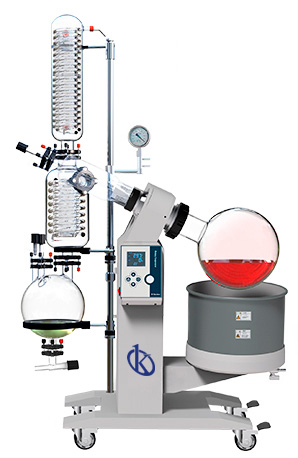
Rotary Evaporator YR02307 // YR02310
Large capacity and large opening of evaporating flask give larger evaporation surface. The evaporating flask keeps rotating when it is constantly heated ...

Water Circulating Vacuum Pump YR05158
Kalstein’s Water Circulating Vacuum Pump takes circulating water as working fluid to create negative pressure by fluid jet. It can provide negative pressure condition f...
Our Rotary Evaporator best seller
Kalstein’s Water Circulating Vacuum Pump takes circulating water as working fluid to create negative pressure by fluid jet. It can provide negative pressure condition for the processes of evaporation, distillation, crystallization, drying, sublimation, pressure-reducing filtration and so on, particularly be suitable for labs and small scale test of industries such as universities and colleges, scientific research institutes, chemical industry, pharmacy, biochemistry, foodstuff, pesticide, agricultural engineering, biological engineering.
Features
- Save water resources.
- Save more than 35% of electricity than other types of vacuum pump.
- Specialized fluid muffler can make the vacuum degree higher by reducing the gas in water and make it quieter by reducing the friction between gas and fluid.
- Equipped with double-tap and double-gauge, it can be used alone or in parallel.
- Resistant to acid, alkali and solvents.
| Model | YR05158 |
| Power (W) | 180 |
| Power Supply (V/Hz) | 1~,11 0V,60Hz or 220-240V~,50/60Hz |
| Flow (L/min) | 80 |
| Lift (m) | 10 |
| Ultimate Vacuum (MPa) | 0.098(2KPa) |
| Single Tap Air Suction Amount | 10L/min |
| Number of Tap | 2 |
| Safety | Check Valve |
| Water Tank Capacity (L) | 15 |
| Water Tank Material | PP |
| Dimensions (mm) | 385W*280D*420H |
| Net Weight ( kg ) | 11 |

Analysis of the best Rotary Evaporator for Your Laboratory
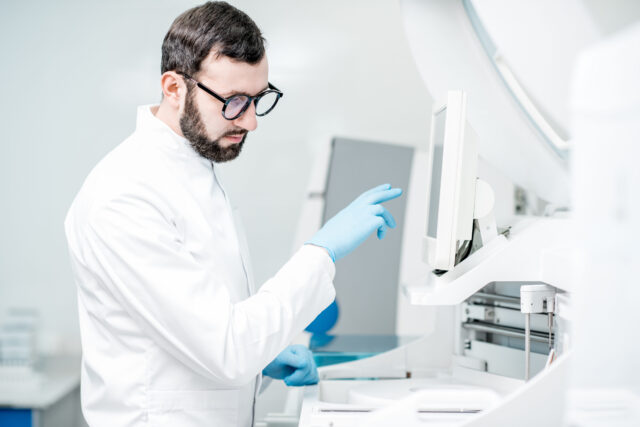
Rotavaporators: An Essential Tool in Anatomic Pathology Laboratories
In the dynamic world of medicine and research, technological advances have provided anatomic pathology experts wi...

Uses and Applications in the Food Industry
Developments in food science and technology have made it possible to optimize production processes in factories, improving energy efficiency, product quality and yield. A k...

Applications and Practical Uses of Rotavaporators in Chemistry Laboratories
In the scientific laboratory overview, the devices that dominate the scene are both illustrative of the scope of science a...
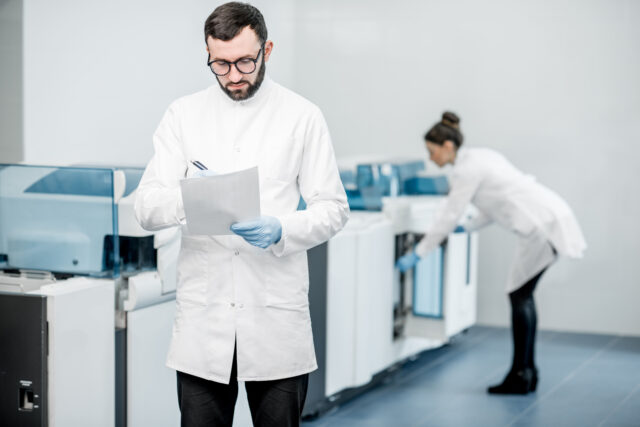
Synergistic Applications of RotaSteamers in Biochemical Laboratories
Technological empowerment has brought about a substantial reform in the way laboratory procedures are carried out. Among t...
Catalog of models of Rotary Evaporator on offer
KALSTEIN UPDATED
Guidelines for you to become an expert in Rotary Evaporator
The Rotary Evaporator equipment are essential products in Your Laboratory, we provide you with guidance and recommendations for a better use, so you can work like an expert.
Applications and Uses of Rotavaporators in Industry - KALSTEIN
Kalstein Rotavapors: Sophistication and Efficiency
High-Efficiency Rotary Evaporators for Scientific Research
The Rotary Evaporator in the Biology Laboratory

Frequently asked questions from our customers about Rotary Evaporator
The delivery time of your Kalstein product will depend on the following:
- Whether the equipment you are interested in is in stock or if it needs to be manufactured.
- The type of freight you have chosen, which can be either air or sea.
- Equipment in stock:
– Delivery Time (Air): 15-30 days.
– Delivery Time (Sea): 45-60 days.
- Equipment not in stock:
– Delivery Time (Air): 30-60 days.
– Delivery Time (Sea): 60-90 days.
You can make your purchase through:
- By email: [email protected]
- By phone: +33 (0) 1 70 39 26 50
- Online shopping: Through the official Kalstein website in your country.
At Kalstein, we provide our customers with inductions and technical support through new online methods. You can visit our induction videos, technical assistance, and guidance provided by a Kalstein team through our Youtube channel (Kalstein English). HERE
Send us a direct message and one of our agents will contact you
Rotary Evaporator
Lorem ipsum dolor sit amet, consectetur adipiscing elit. Sed dignissim placerat mauris cursus laoreet. Nam feugiat lacus ex, at fermentum sapien accumsan nec. Curabitur auctor porttitor mi non malesuada. Aenean condimentum, purus vitae rhoncus imperdiet, justo eros aliquam ipsum, at egestas leo diam eget libero.

Catalog of models of Rotary Evaporator on offer.
-
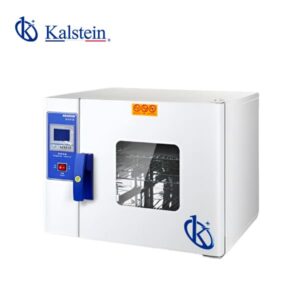
Electric Heating Drying Oven YR06446
-
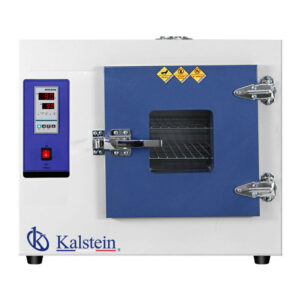
Electric Heating Drying Oven YR05259-2
-
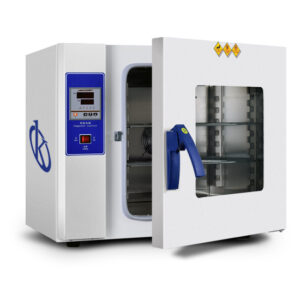
Electric heating drying oven YR05248 // YR05255
This product has multiple variants. The options may be chosen on the product page -
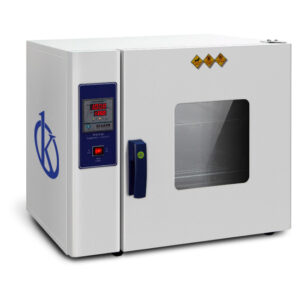
Electric heating drying oven YR05244 // YR05247
This product has multiple variants. The options may be chosen on the product page -
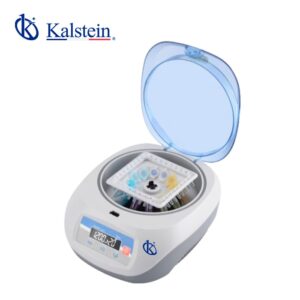
Mini Centrifuge With Large Capacity YR012G
-
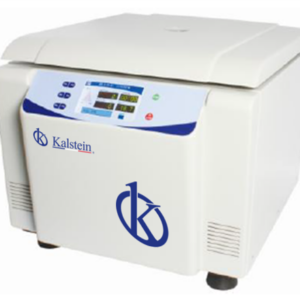
Tabletop High Speed Centrifuge YR0137-2 – YR0137-3
This product has multiple variants. The options may be chosen on the product page -
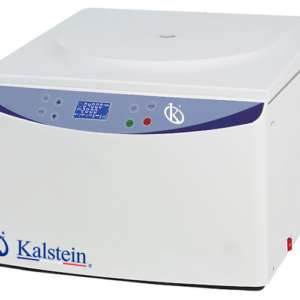
Gel Card Centrifuge YR142-3 – YR142-3-1
This product has multiple variants. The options may be chosen on the product page -
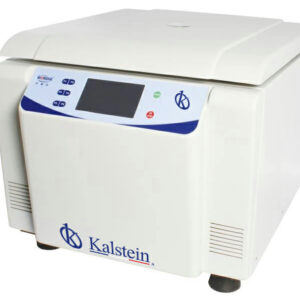
Tabletop High Speed Centrifuge YR019-TG
This product has multiple variants. The options may be chosen on the product page -

Intelligent Electric Wheelchair YR06432
-

Electric Wheelchair YR05445
-

Electric Wheelchair YR05443
-

Electric Wheelchair YR05442
-
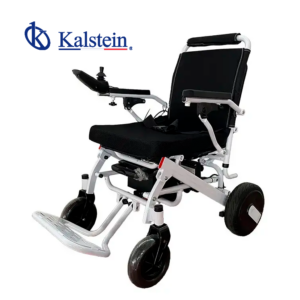
Electric Wheelchair YR05444
-

Electric Wheelchair YR05441
-

Electric Wheelchair YR05440
-

Electric Wheelchair YR05439
Descubre más de nuestro catálogo
Tipos de Rotary Evaporator

[Producto] A
Lorem ipsum dolor sit amet, consectetur adipiscing elit. Ut elit tellus, luctus nec ullamcorper mattis, pulvinar dapibus leo.

[Producto] B
Lorem ipsum dolor sit amet, consectetur adipiscing elit. Ut elit tellus, luctus nec ullamcorper mattis, pulvinar dapibus leo.
Find out more about Rotary Evaporator with our guides.
Scientific Refrigerators: Stable Temperature Control for Testing and Storage
Scientific refrigerators and freezers are essential in any modern laboratory, as they provide stable and precise temperature control for the...
Ultra-Low Freezers: Secure Storage for Critical Samples at -80°C
When working in a laboratory, we know that sample preservation is one of the most critical aspects. Ultra-low freezers and...
Laboratory Refrigerators: Precise Preservation of Samples at Low Temperature
The preservation of samples in a laboratory is a crucial process that ensures the integrity of the compounds and organisms...




